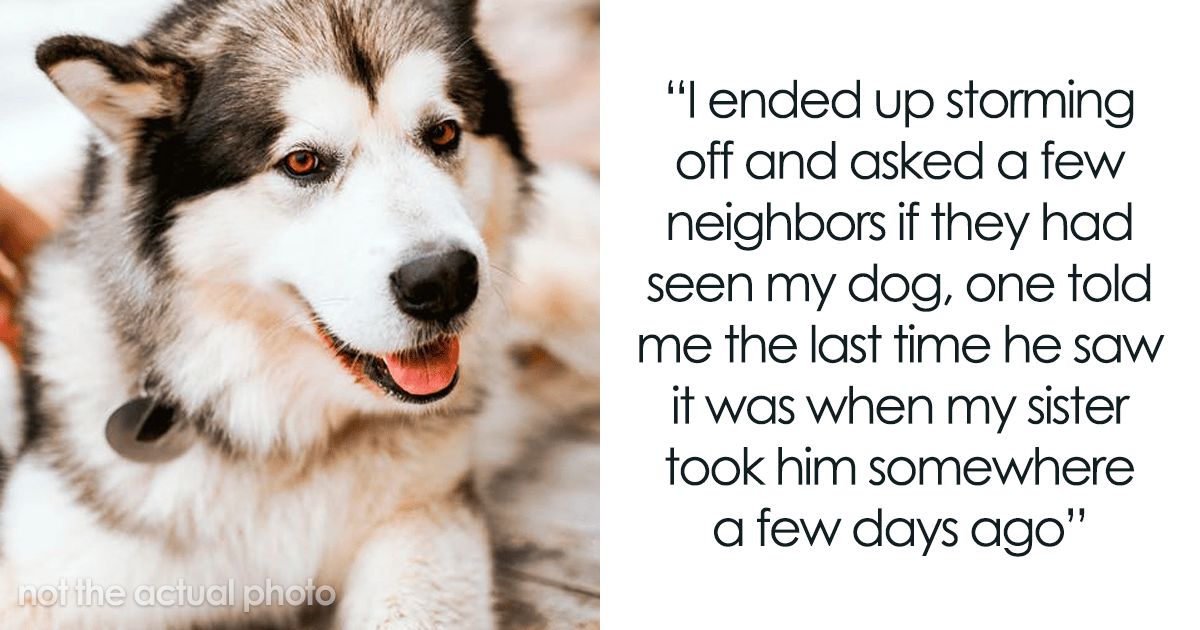If they were forced to choose between their partner and their dog, a third of dog lovers would pick their pet over their partner. These statistics might make some of you feel suddenly threatened by the presence of your partner’s four-legged best friend. We can’t help but wonder why the numbers aren’t a bit higher.
This is a group of devoted dog owners. She was left with no other choice but to pick her 2-year-old husky over her little sister in her new book. She tried to get rid of her pet, not the other way around.
The author took this case before the community of ‘Am I The A-Hole’ to set things straight because she felt confident that her punishment fits the crime.
Dogs and humans are not alike because of their love and loyalty.

Dogs, like siblings, are complex creatures. They cannot feel betrayed because they don’t know what it means to be betrayed. They can’t betray you. It is easier to understand why you will find one in every household.
In order to learn more about the psychology behind betrayal and what it does to our mushy brains, we reached out to Dan Bates, a licensed professional counselor, and a ‘mental health nerd‘, as he likes to call himself, who often writes about stress, family disputes, and other unpleasant emotions.
A few moments after we start talking, Dan reminds us that the feeling of betrayal hijacks even the strongest of minds. “That’s a natural response,” Bates reassured. “It’s appropriate to feel angry in those unfortunate situations. But what’s more important is not giving yourself over to anger and letting it dominate your decision-making.”
Dan acknowledges that this is not easy to do. We wondered if there was a rule of thumb for catching your negative emotions before they take over. “The first step is one that doesn’t involve any words or interaction with the person who may have caused it. It’s a rule that virtually everyone forgets, but it’s actually simple self-awareness — understanding how their behavior affected you,” he explained, adding that most opt to head straight for the confrontation and in worst cases — revenge.
When we feel threatened by a man’s best friend, we tend to forget something.
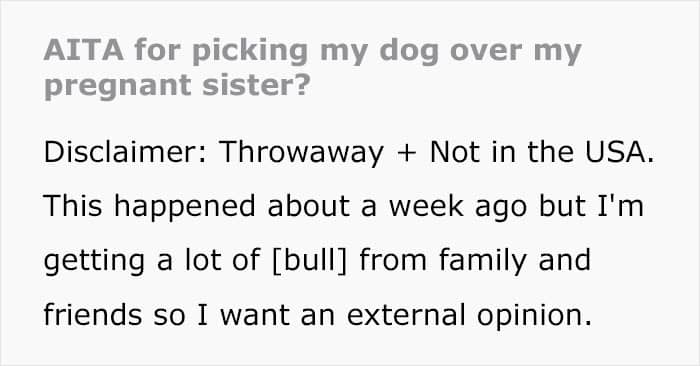



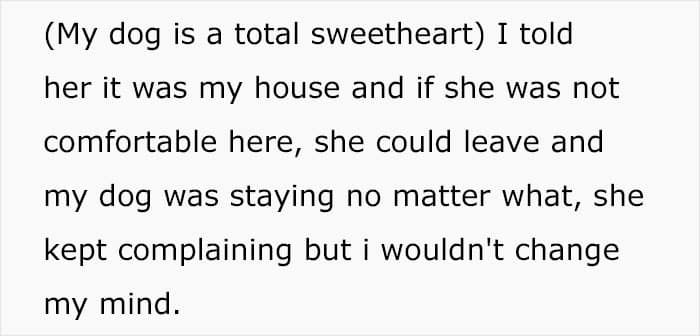









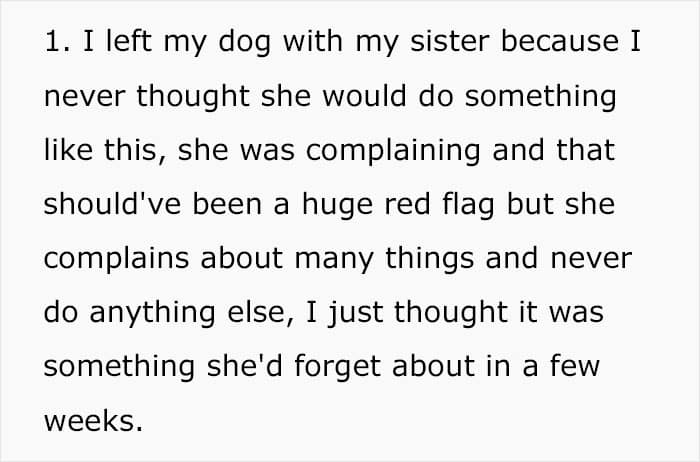
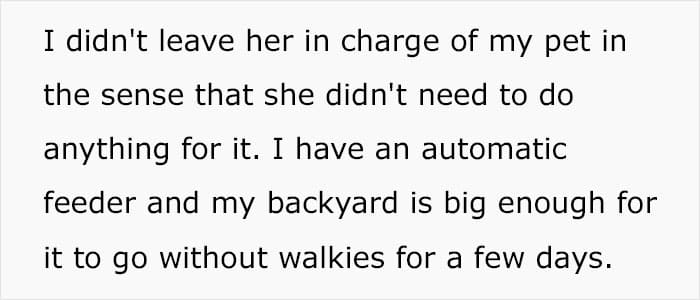


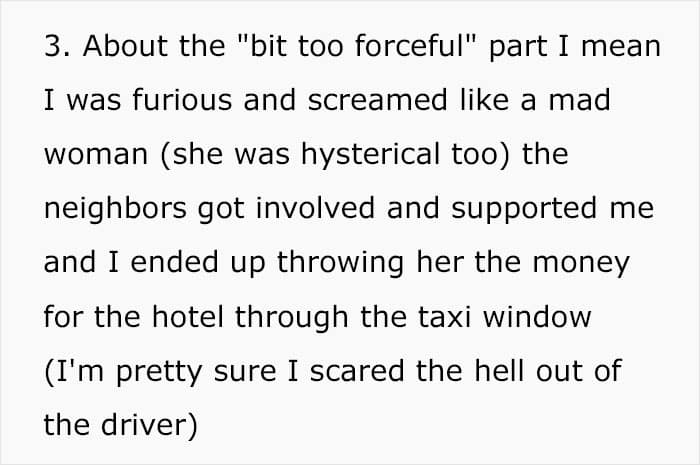




Dan highlighted the importance of self-control in the article. “It’s never too late to turn a conflict around,” he argues there. Dan brought attention to the way we breathe when he was asked about self-control in the middle of the argument.
“‘You’re a mental health professional. You went to school and you’re telling me about breathing? Right?’ But it has more to do with the mind-body connection than you’d think,” he explained. Dan says that attending to your breathing is like the last frontier which keeps us level-headed. Something you might regret later will be said if you lose track of your breathing.
But what if you try to get rid of your dog? If you have a friend crashing for a week or so and all of a sudden your patience runs out, what’s the point? You will want to tell them off. There are two equally-correct approaches. One involves burning all bridges, while the other is preserving them.
“If you want to save a relationship with that person — in the way, honor your own self-dignity and self-respect — you ought to focus on the problem and not the person,” he said. Not only will this underline the boundaries you’re expecting not to be breached in the relationship but keep you appropriately assertive. Which, as Dan argues, “is really important” and helps to “voice feelings and concerns in a respectful way.”
The author was deemed not the a-hole by people.










